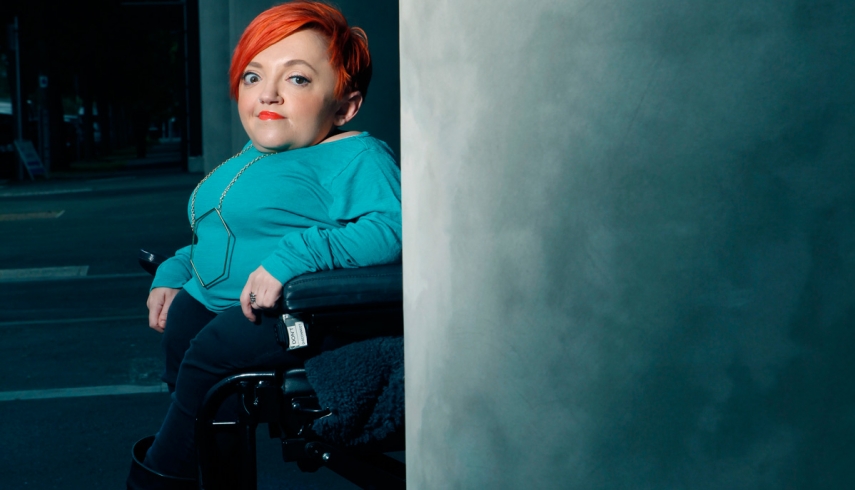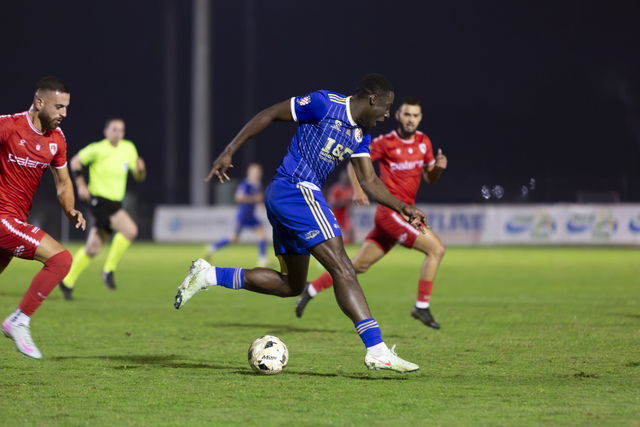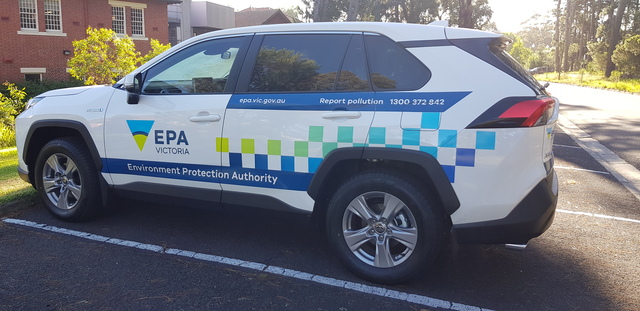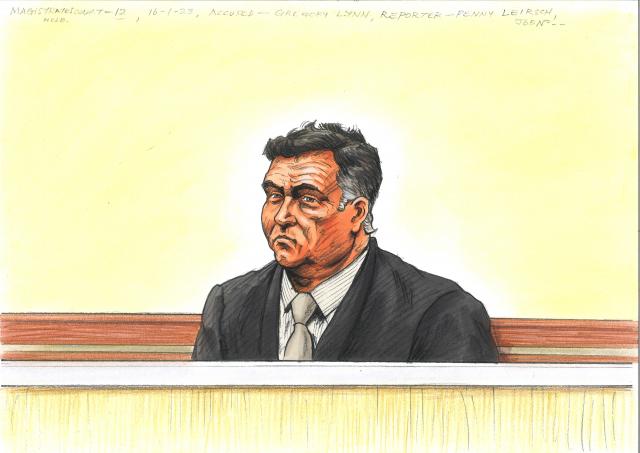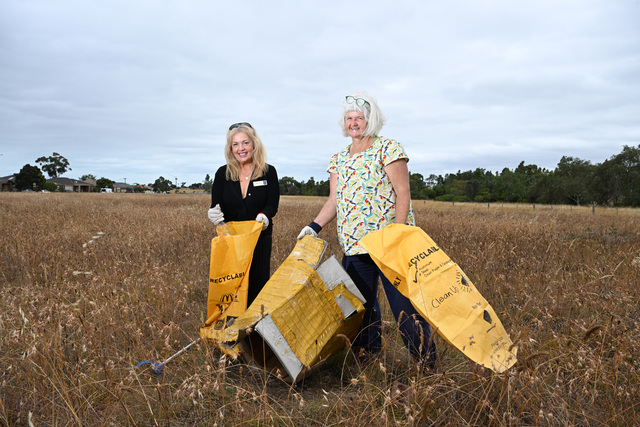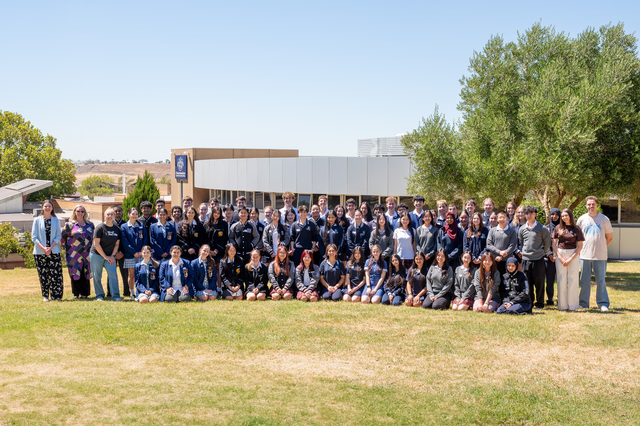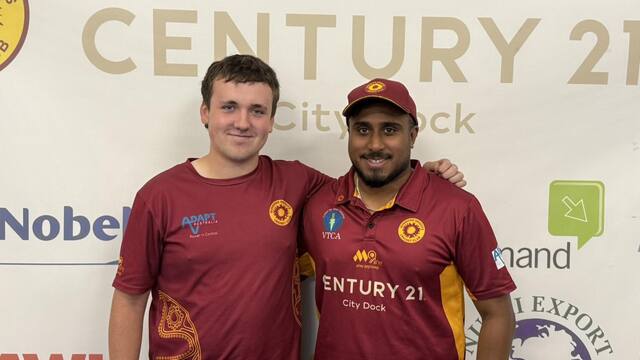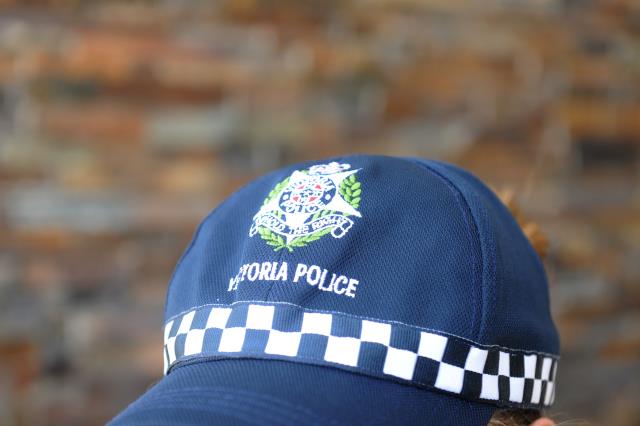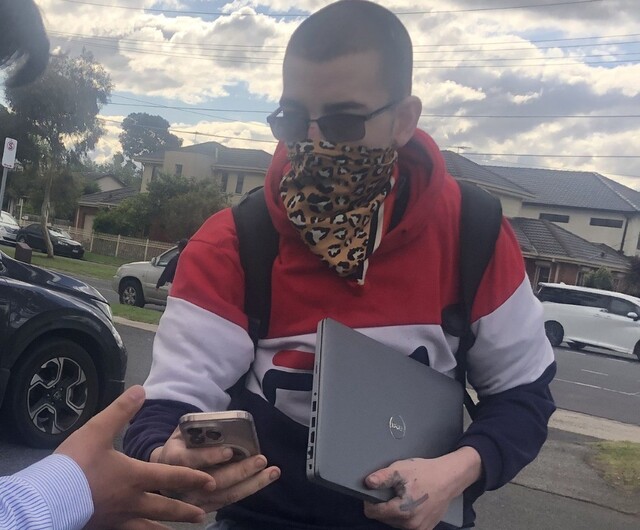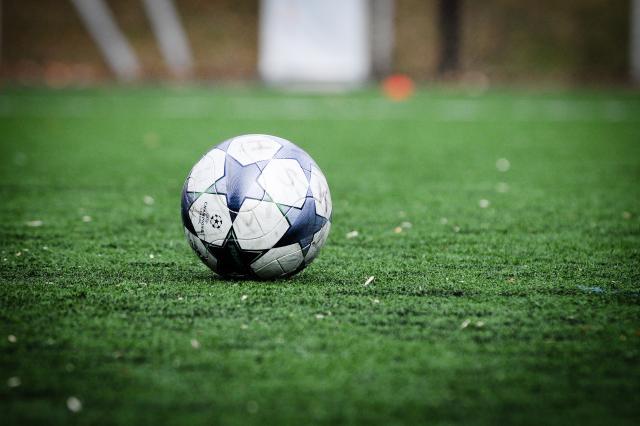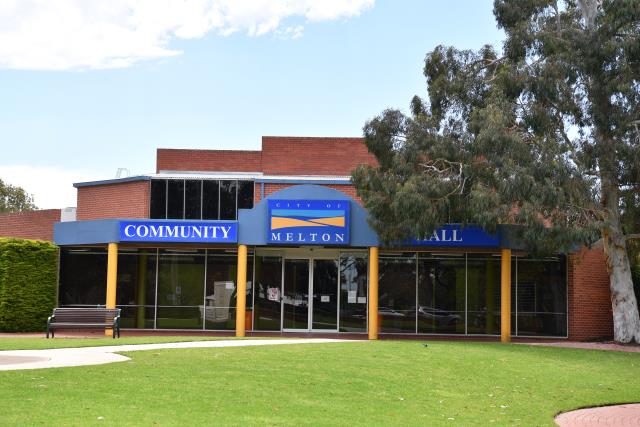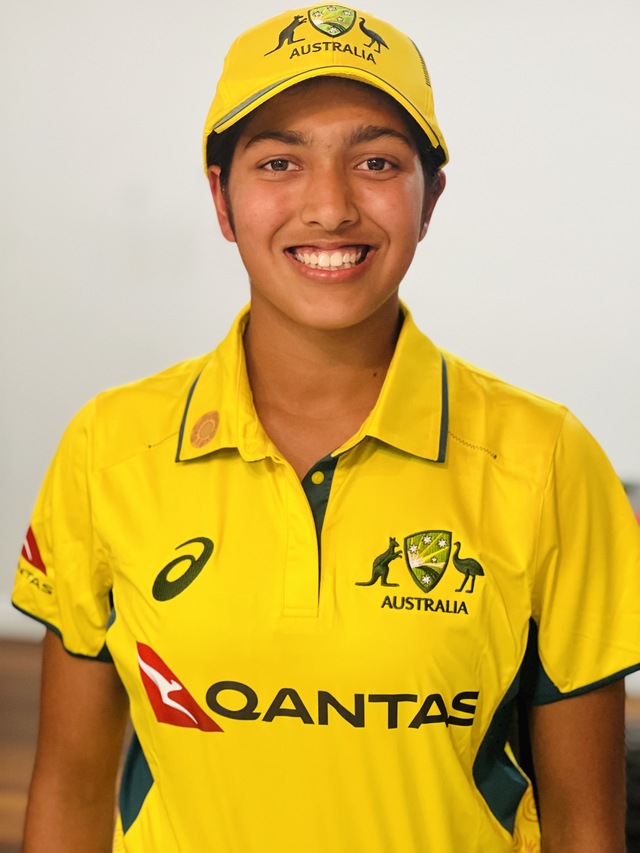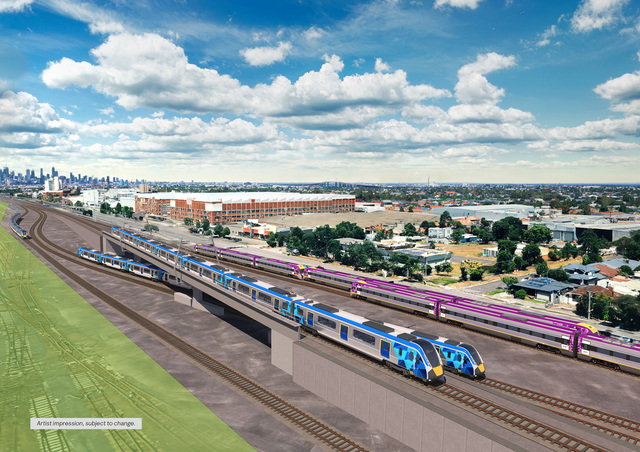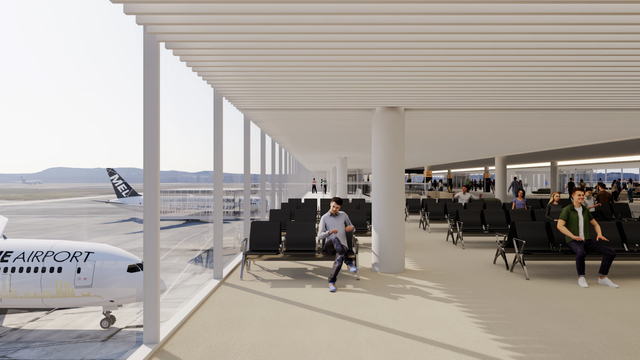Peter Wilmoth talks to comedian, journalist and disability advocate Stella Young.
The other day, Stella Young was in a supermarket and fell into a pile of carrots. Now, that’s what most of us would call bloody annoying, but Young calls it material. As a comedian she knew it was gold. “I lost my footing and fell in this pile of carrots,” she says. “It could be like, ‘Oh, my god, disabled girl falls in a pile of carrots. How appalling!’ But actually it’s incredibly hilarious.
“All of the humour in my life comes from my experiences as a disabled person, whether it’s stupid shit that I do, like falling in a pile of carrots, or stupid shit that other people say to me. That’s where it all comes from.”
Sadly, there’s no shortage of material in the area of how people engage with her. “I was on a train yesterday and this young guy, about my age, was like, ‘What’s your top speed on that thing [her wheelchair]? You could soup it up and put a V8 on it.’ I get really impatient with people who want to talk about that very base-level stuff because a) they think they’re the first ones to ever say it and they think they’re so witty and hilarious and b) it’s not necessary.
“I understand that my presence makes people feel uncomfortable and that they have to say something to engage with me, but it’s very frustrating to have people comment on your presence everywhere you go.”
As well as being a popular stand-up comedian, performing at the Melbourne International Comedy Festival and venues such as the Brunswick Green and The Local Taphouse in St Kilda, Young is the editor of the ABC’s website Ramp Up, which features news and opinion about disability issues. It allows her to combine her journalism with her advocacy. She has become a strong voice in the area, including appearing on the ABC’s Q&A. “I want people to think about disability more,” she says. “I want people to think about ableism in the same way they think about racism.”
Her definition of the word ableism is prejudice against, or passive or active exclusion of, disabled people. As a journalist and disability advocate, Young’s radar for people’s attitudes and behaviour is finely tuned. In July, she admonished then prime minister Kevin Rudd for patting the head of a disabled woman.
And she has had many experiences that she has found exasperating. “Another thing that happens to me a lot is that people fall all over themselves to help me with things I don’t need assistance with,” she says. “I’m not very proud of it, but a couple of weeks ago I was at the traffic lights. I’d just had a really bad week with lots of people … That morning someone had yelled out, ‘Slow down, speedie!’ Something stupid. I was just on my way to work. I’m a 30-something woman, on her way to work. Like why? Why do people need to say these stupid things? I had a week full of that stuff. Just too many dicks on my dance floor and I was over it.
“I was waiting to cross the road and I was listening to music – always when I’m in public I have earphones in, to give people a visual cue not to talk to me … I’m making myself sound incredibly hostile … Whoops. This woman said, ‘Dear, can I help you with something?’ I said, ‘Do I look like I need your help?’ And I just moved away from her.
“I spent the rest of the weekend going, “Oh, my god, Stella, you’re an arsehole. You didn’t need to be mean to that woman’. She was well-intentioned and I understand that. But when people are so constant in their need to say something, it gets really exhausting.”
Condescension? “Of course it is. It’s condescending, but it’s a constant reminder that you’re not seen as an equal. They see you as an object of pity, as an object in need of help. It’s really objectifying to be constantly engaged with in that way.”
Young, 31, grew up in Stawell, the daughter of Greg, a butcher (and record shop owner), and Lynne, a hairdresser. She was born with osteogenesis imperfecta, a condition she has described as “really dodgy bones”.
Her parents were told the day she was born that she was probably going to die. “When I came along and there was all this different stuff, they were like, ‘All right, let’s go with it’. They say the only time they were ever really sad about me having an impairment was very early on when they said I might not survive and that was pretty sad for them, but then I did.
“My mum always says I was her easiest child because I didn’t have any independent mobility until I got my first chair at 2½. I stayed where she put me.”
Life was quiet in Stawell. “It’s a sleepy little place. I started really disliking it as a teenager because I just wanted more community, more things to do.”
At primary school she had an integration aid, which she would get grumpy about. “They were lovely people, but I resented the exclusion, being singled out and having to have someone look after me, the extra attention. It made me different from other kids and all I wanted was to be the same as everyone else.”
Young wanted to get out and see the world. Resilient, confident and ambitious, she never saw her disability getting in the way. “I wanted to go to uni. I wasn’t focused that much on what I wanted to study; I just wanted to live independently and get out of Stawell.
“In my teenage years, I thought, ‘I want to live independently but I don’t quite know how that’s going to happen’. When I was 15, I met a woman who has the same condition as me. She’s 10 years older. She really helped me as a model of what was possible in terms of independent living.” (Young still sees her. “We had a four-hour Skype date on Saturday night. I call her the Thelma to my Louise.”)
Young studied journalism at Deakin in Geelong and initially was homesick. “I thought, ‘This is terrible, what if living away from home just doesn’t agree with me? What if I have to go back and live in Stawell? It’s going to be a disaster’.”
But it wasn’t. Indeed, the city was her thing. In 2003, she moved from Geelong to Melbourne and did a diploma of education at Melbourne University with a view to teaching. Arriving in Melbourne was a revelation. “I’d been here for three days and it was like my soul went, ‘Thank god’.”
And she had big dreams. “I’ve always thought I’d secretly like to be a presenter on Play School,” she says, “because I think kids need to see visible difference from a really early age and we don’t see that in Australia because disabled people are not teaching in our schools and they’re not on our television screens.”
For a while she worked at the Melbourne Museum. “This adorable little boy was having a really good stare and I said, ‘Is there a question that you’d like to ask me, young man?’ He said, ‘Yes. Are you imaginary?’ It was so great that kids see magic in difference.
“A friend who has no arms and no legs said a kid once asked her if she was a genie, that vision of a genie coming out of the bottle with no arms and no legs. I think the worst thing a parent can do if a child is staring at someone who looks different is to tell them not to stare because that teaches them that difference is something to be ashamed of, and something we shouldn’t acknowledge or talk about.
“One of my pet hates is when kids say, ‘What’s that? Why is she in that chair?’ And the parents say, ‘That’s a special buggy’, and it’s like, ‘No it’s not, it’s a f—ing wheelchair and I use a wheelchair because I can’t walk’. There’s no shame for me about a wheelchair but clearly you’ve got some issues going on, let’s not pass that ableism onto your children, shall we?”
She says we’ve got a way to go in Australia. “When I was in the UK last year I really noticed [a difference] … It took me a couple of days to really put my finger on why I felt so different. And it was actually that no one was losing their shit that I was in a public space and I felt a real difference.
“Everywhere I went had accessible toilets, every clothing shop I went into had accessible change rooms. Everyone looks so different there, it’s kind of a melting pot. But no one took sneaky photos on their mobile phones, kids didn’t freak out, everyone just goes, “OK, let’s just be cool, bro’, and it was fine.”
She says she was moved watching Julia Gillard be moved introducing the National Disability Insurance Scheme legislation. “The NDIS is a very big thing, but it’s also a very small thing in terms of addressing inequality for people with disabilities. What the NDIS is going to mean is that people can have enough showers in a week to hold down a job. We still have a really long way to go.
“It was great to see Julia Gillard so moved by that because so many of us had told her stories about living with exclusion. I’m an incredibly privileged disabled person in Australia. I live independently, I’m employed, I’m educated. That’s not the case for a lot of people with disabilities.”
She believes legislation around the right to die is dangerous. “I think in Australia we have not solved the problem of people having the right to live with dignity, so I think conversations about dying with dignity are premature …I think that people think disability is a fate worse than death and I hear that all the time. People say, ‘That poor person had an accident, isn’t that terrible?’ even though that person is quite happy.
“Occasionally I overhear people sayings things. A few weeks ago I overheard a guy who looked at me and said to the person he was with, ‘Geez, you’d just top yourself wouldn’t you?’ Well, no, you wouldn’t, because I lead this great, rich, messy life that I love and it is frightening to know that other people value that so little.
“And the assumptions that are made about how terrible our lives are are based on fear and hatred of disabled people in this ableist society that we live in. It’s assumed that able-bodiedness is always better and I don’t think that’s really the case.”
Young lives in South Yarra and has just broken up with a long-term partner. She is as busy as ever. I ask her whether her parents are proud.
“I think they think this has all worked out pretty well and I wasn’t the horrible, tough, burdensome child that doctors said I was going to be.”

